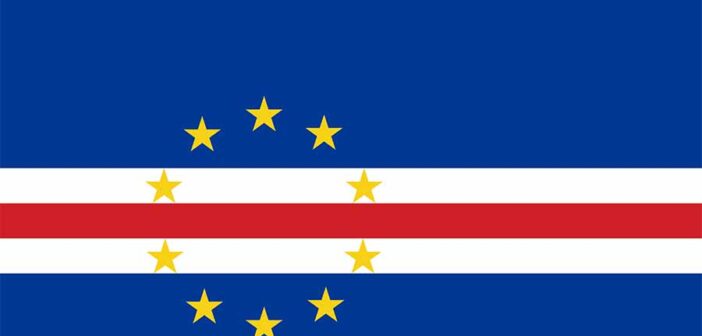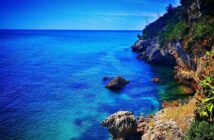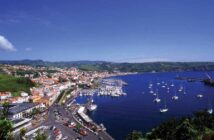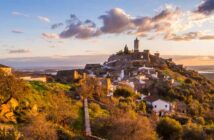- “The Children of Cabral” (1976) – Directed by Antonio Ole, this documentary focuses on the lives of children in Cape Verde after its independence.
- “Djakarta-83” (2008) – Directed by Licinio Azevedo, this film portrays the story of a Cape Verdean immigrant in Portugal who dreams of visiting Jakarta.
- “One Man’s Show” (2001) – Directed by Leao Lopes, this comedy-drama tells the story of Raúl, a Cape Verdean musician who embarks on a journey to fulfill his dream of becoming a star.
- “Fintar o Destino” (1998) – Directed by Fernando Vendrell, this film follows the life of a Cape Verdean family living in Lisbon and their struggles with immigration and identity.
- “Mortu Nega” (1988) – Directed by Flora Gomes, this acclaimed film explores the impact of the war of independence in Cape Verde through the story of a young couple.
- “Chiquinho” by Baltasar Lopes: This classic novel, published in 1947, is considered a masterpiece of Cape Verdean literature. It tells the story of a young boy named Chiquinho, exploring themes of identity, education, and social change.
- “A Casa dos Mastros” by Germano Almeida: This novel, translated as “House of the Swallowtails,” was published in 1994. It offers a satirical perspective on Cape Verdean society through the tale of a dysfunctional family living in the capital city of Praia.
- “Os Flagelados do Vento Leste” by Manuel Lopes: Published in 1947, this novel delves into the lives of Cape Verdean peasants struggling with poverty and drought. It is considered one of the most important works of Cape Verdean literature.
- “O Testamento do Sr. Napumoceno da Silva Araújo” by Germano Almeida: Another significant work by Germano Almeida, this novel was published in 1991 and follows the life of Mr. Napumoceno, a wealthy Cape Verdean merchant whose unexpected death leads to the disclosure of his secrets and desires.
- “A Tragédia da Rua das Flores” by Henrique Teixeira de Sousa: First published in 1919, this historical novel is set in the late 19th century and portrays the lives of Cape Verdeans under Portuguese rule, shedding light on the social and political issues of the time.
WANDERLIST: Cape Verde in books and on film
0
Share.




